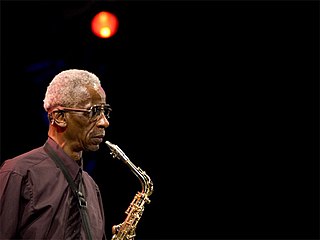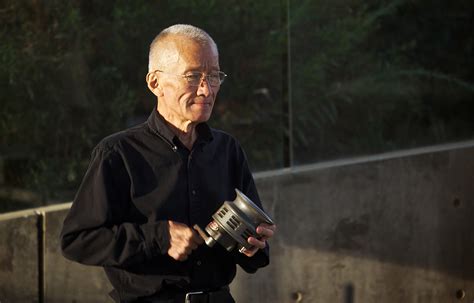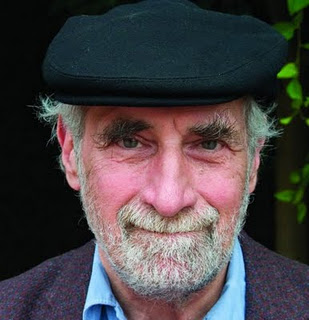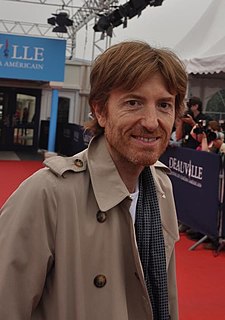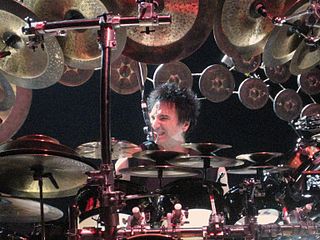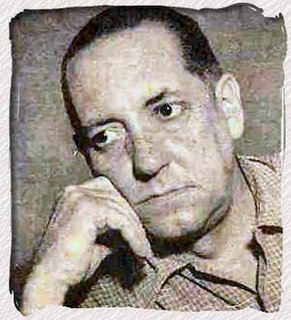A Quote by Roscoe Mitchell
To be a good improviser, you have to study composition as a parallel. Because what improvisation is, on a high level, is spontaneous composition.
Quote Topics
Related Quotes
In 1968 I ran into Steve Lacy on the street in Rome. I took out my pocket tape recorder and asked him to describe in fifteen seconds the difference between composition and improvisation. He answered: "In fifteen seconds the difference between composition and improvisation is that in composition you have all the time you want to decide what to say in fifteen seconds, while in improvisation you have fifteen seconds." His answer lasted exactly fifteen seconds.
Composition is a side issue. Its role in my selection of photographs is a negative one at best. By which I mean that the fascination of a photograph is not in its eccentric composition but in what it has to say: its information content. And, on the other hand, composition always also has its own fortuitous rightness.
In some exquisite critical hints on "Eurythmy," Goethe remarks, "that the best composition in pictures is that which, observing the most delicate laws of harmony, so arranges the objects that they by their position tell their own story." And the rule thus applied to composition in painting applies no less to composition in literature.
It's better to find a composition through an instrument and to play it and record it because you have something. It's a composition, and the song is good. It lives as a song. The worst is when you have a song and nothing is working well when you produce it. It's not like what you expect in your imagination. It's the worst because it requires a lot of work.
You have to study composition to understand that things can be done backwards and forwards and upside down, inverted, but it's mainly just an inner valid intuitive thing. Where do you want to go? Ok this is busy, or this needs some space, or this is too much space so now I want to put more notes in there or something. It's all about contrast. High, low. Fast, slow, thick or thin or what have you. And it's the same with improvisation.
